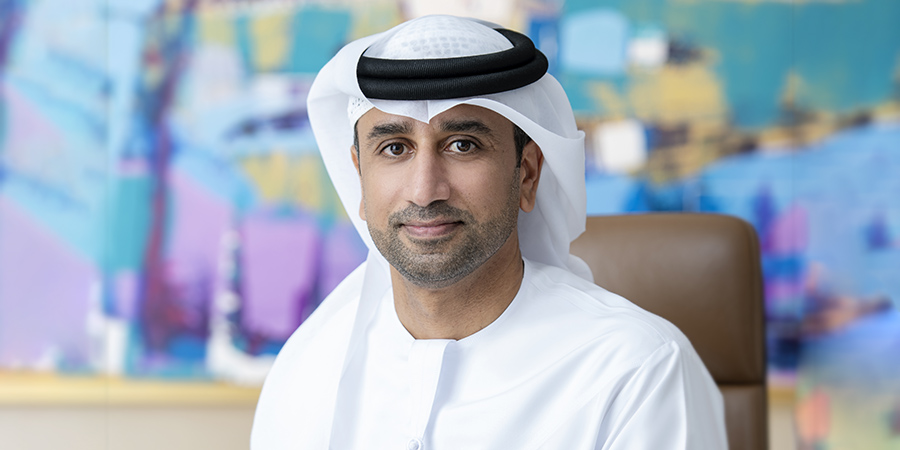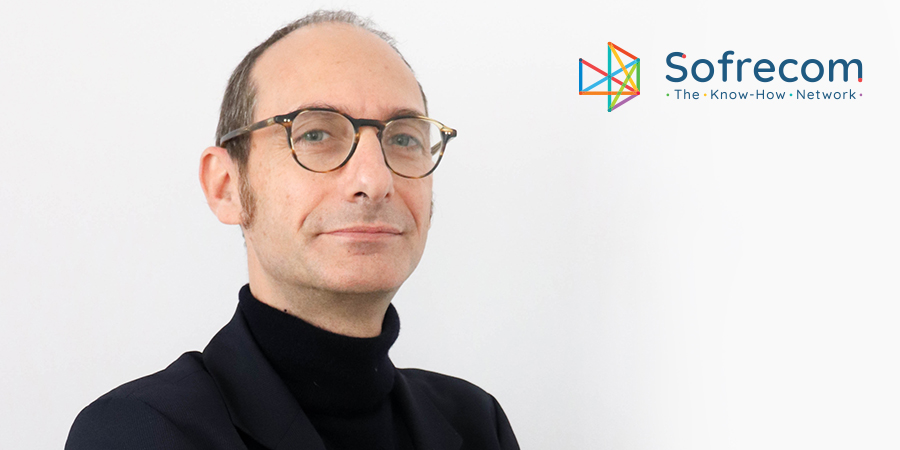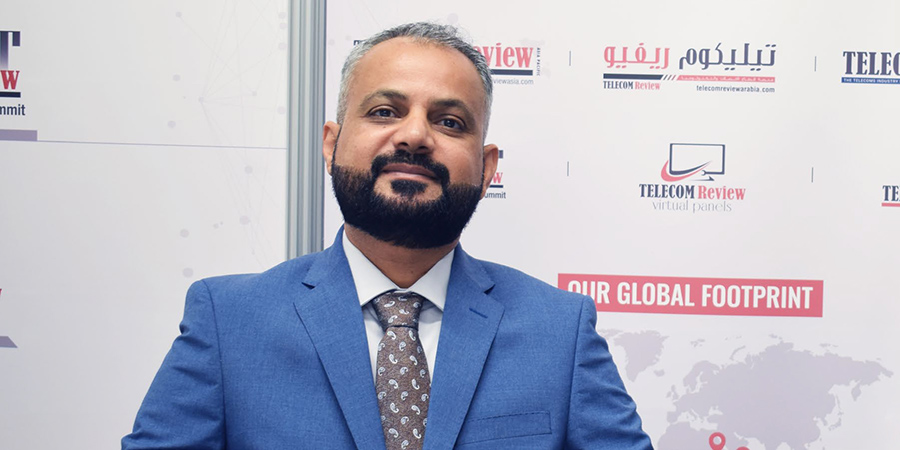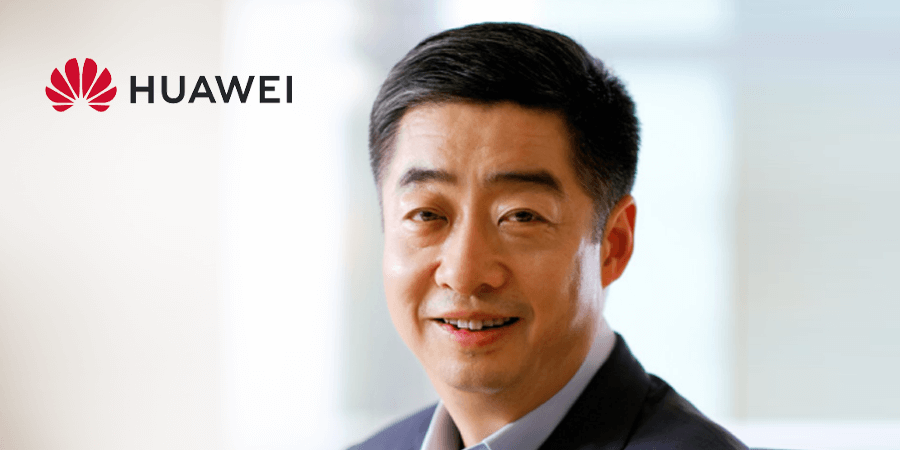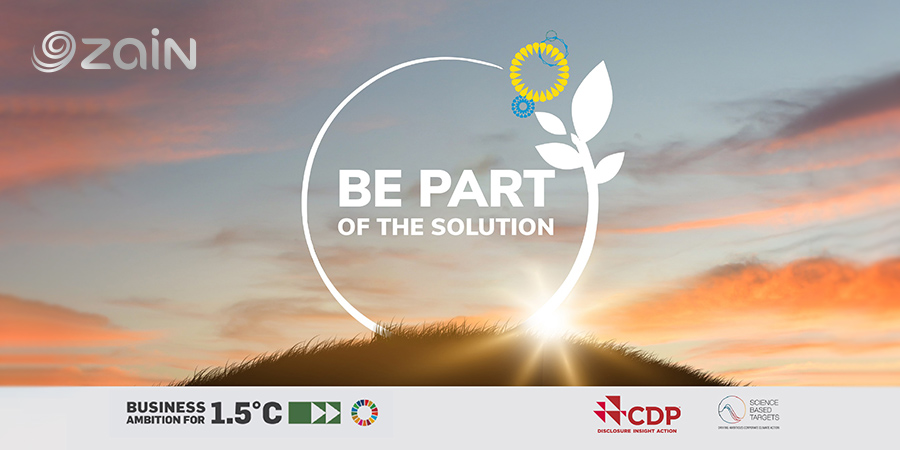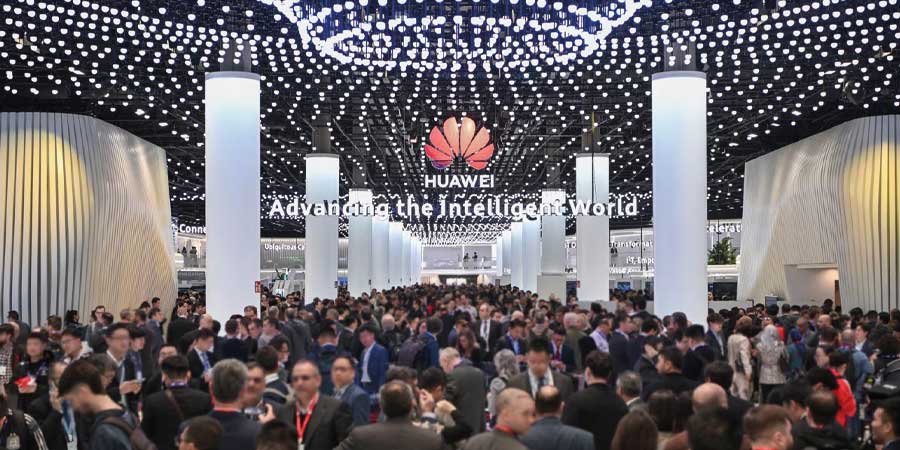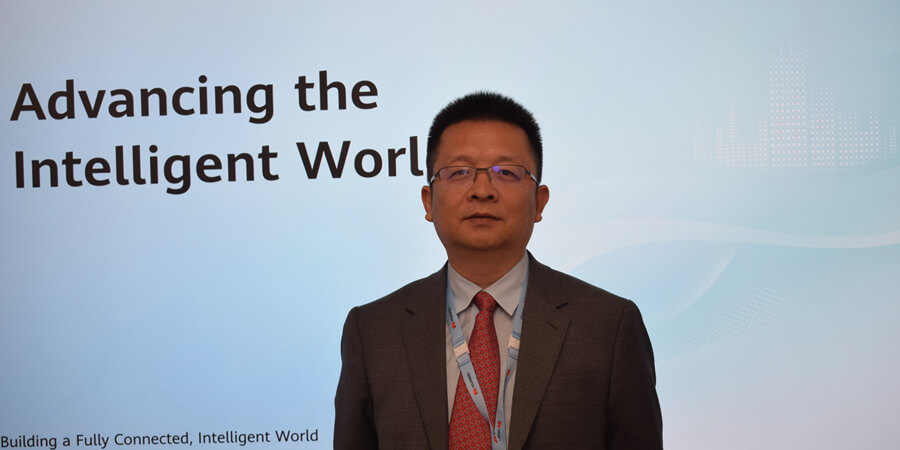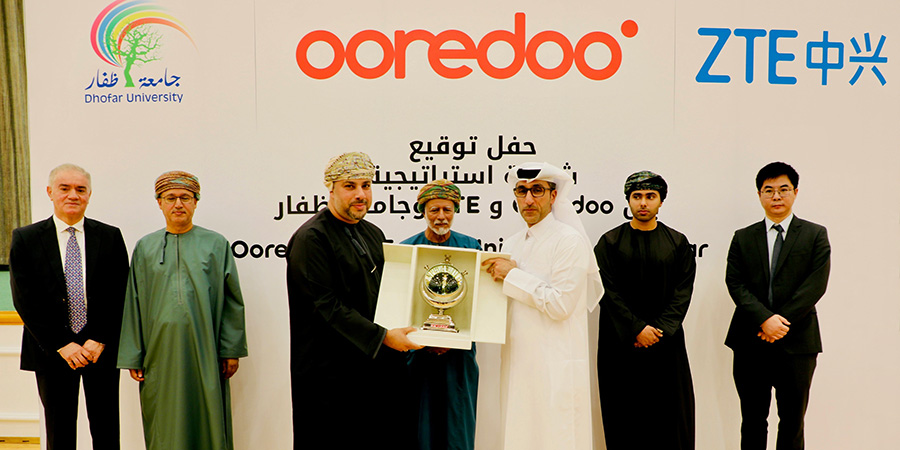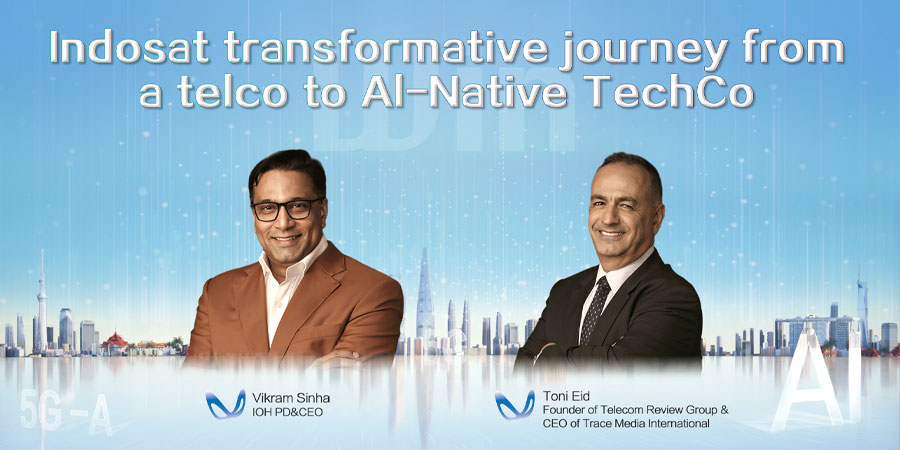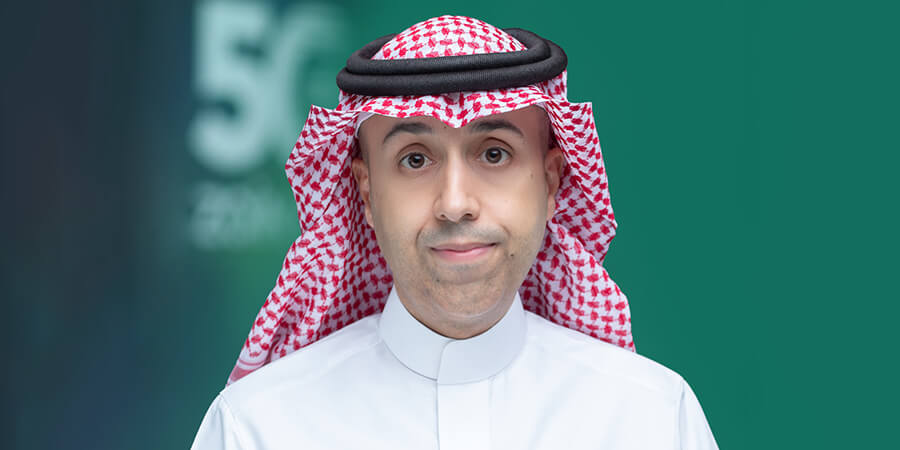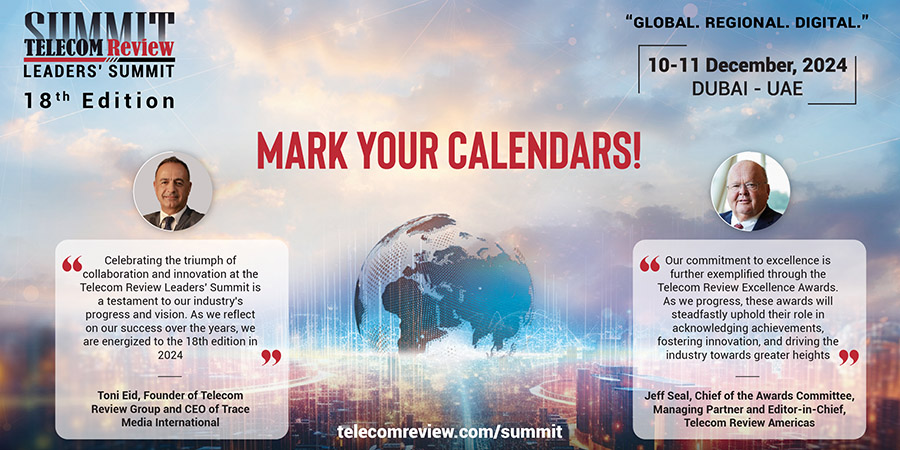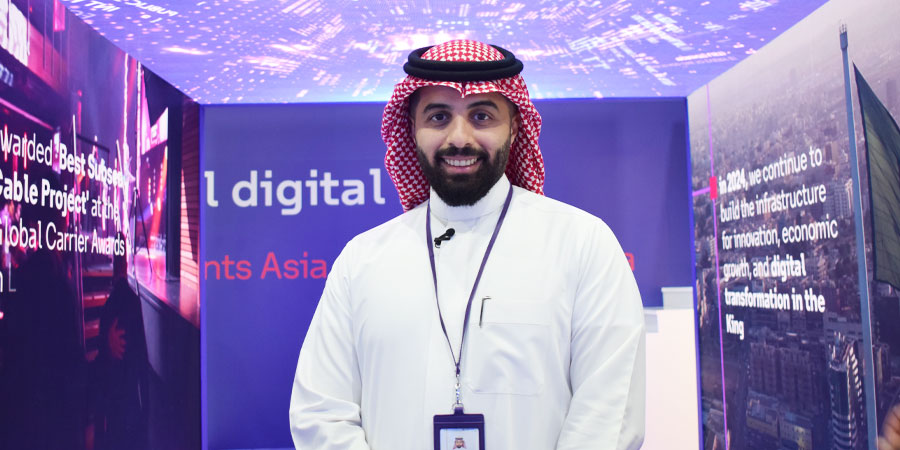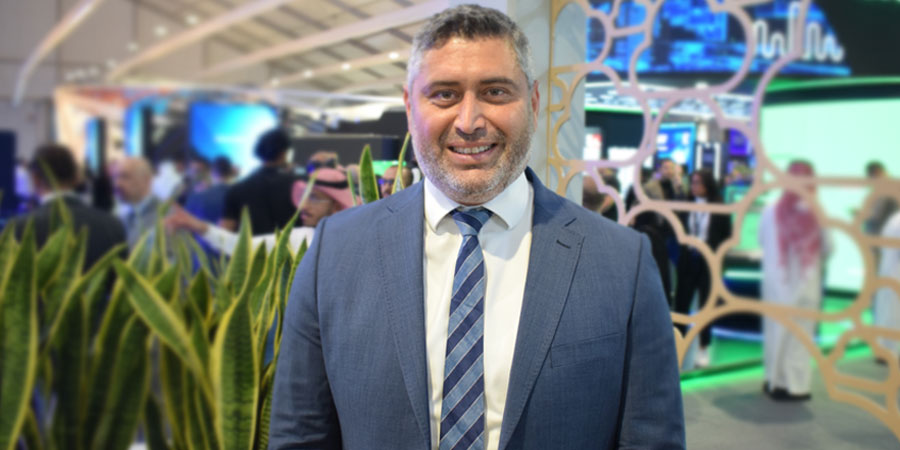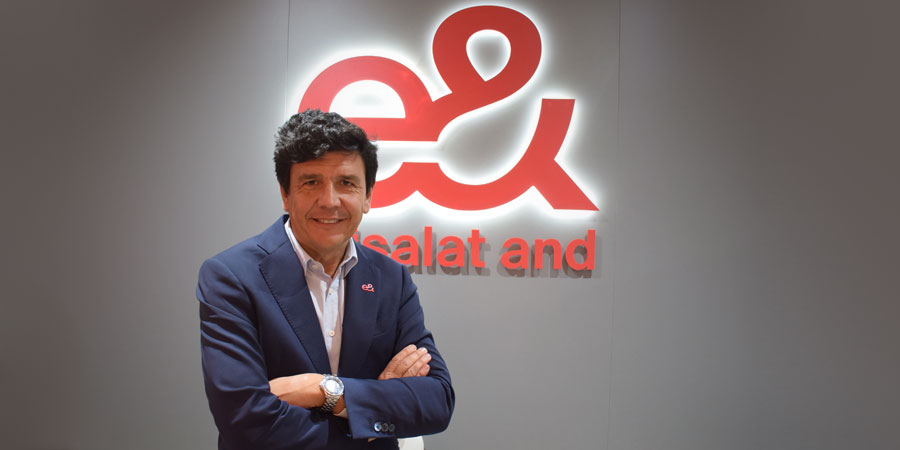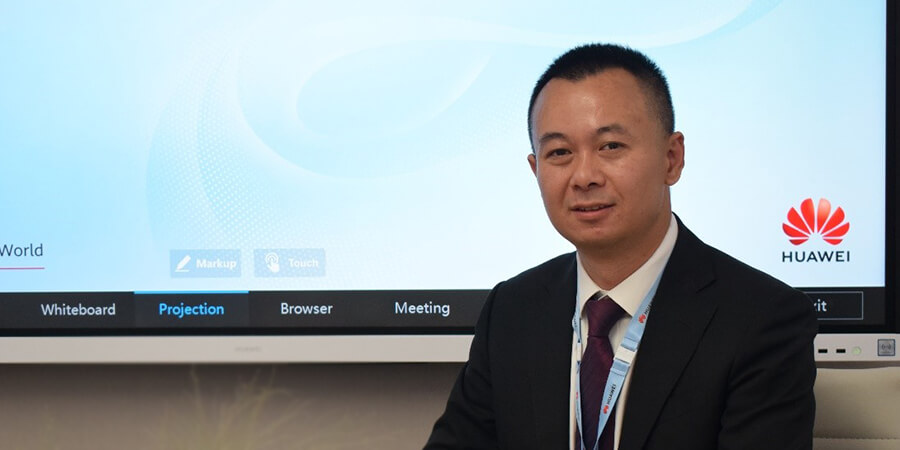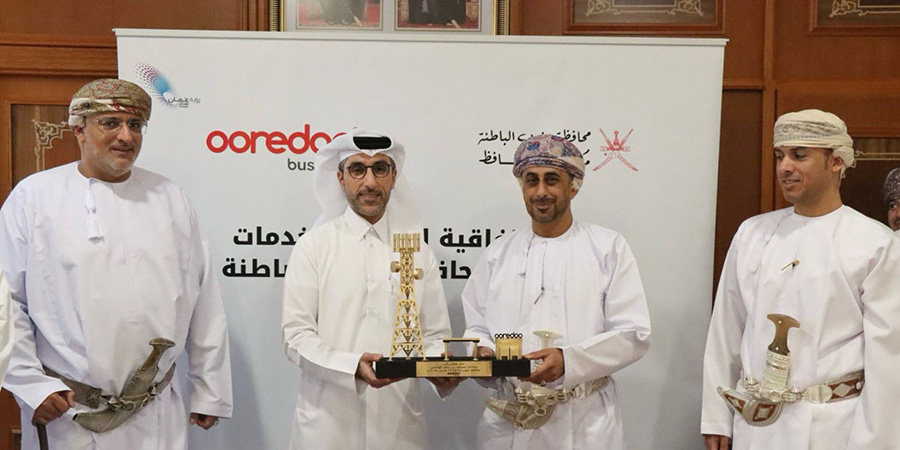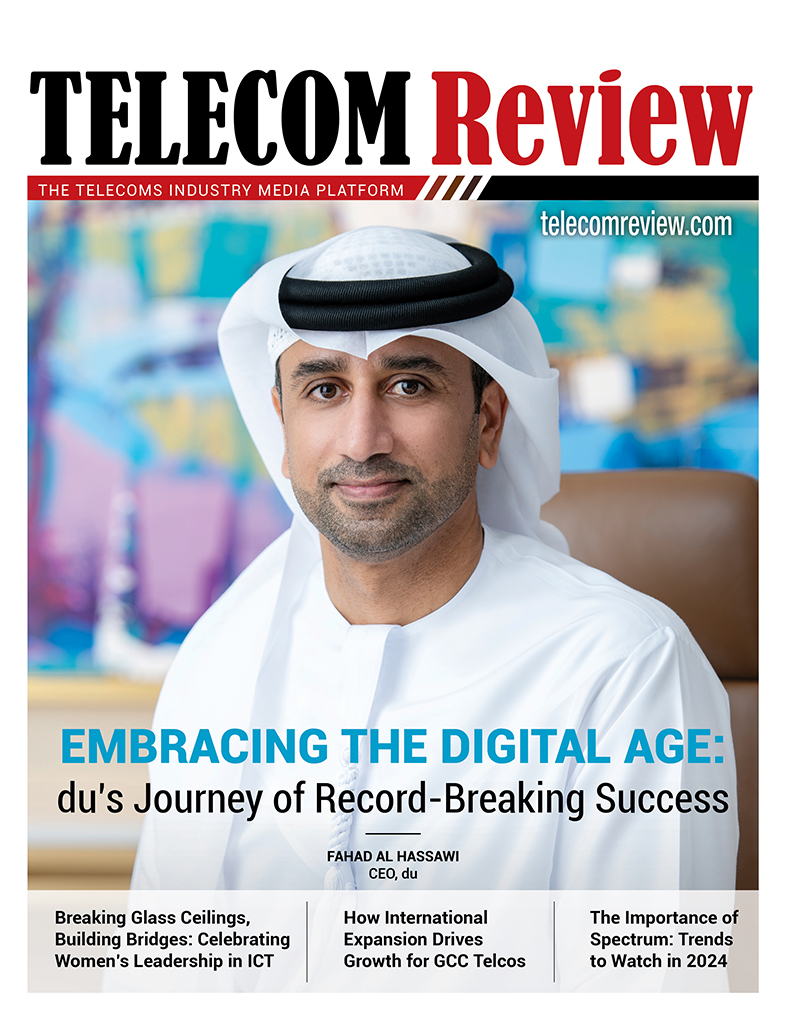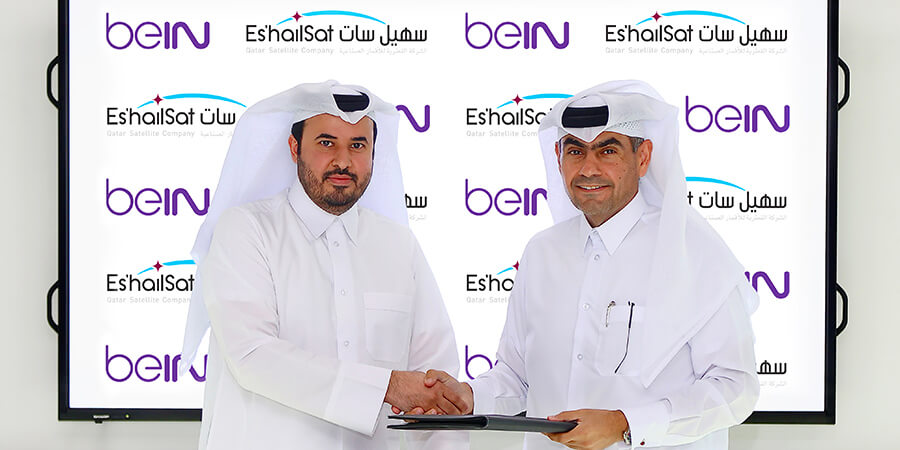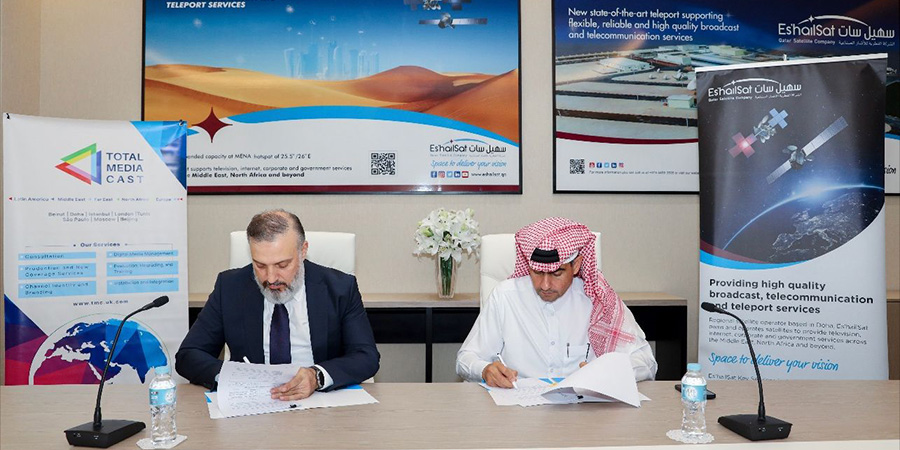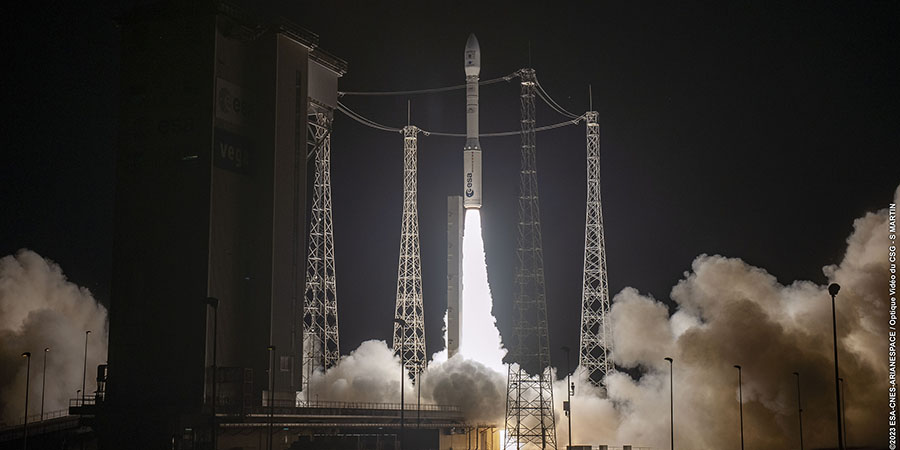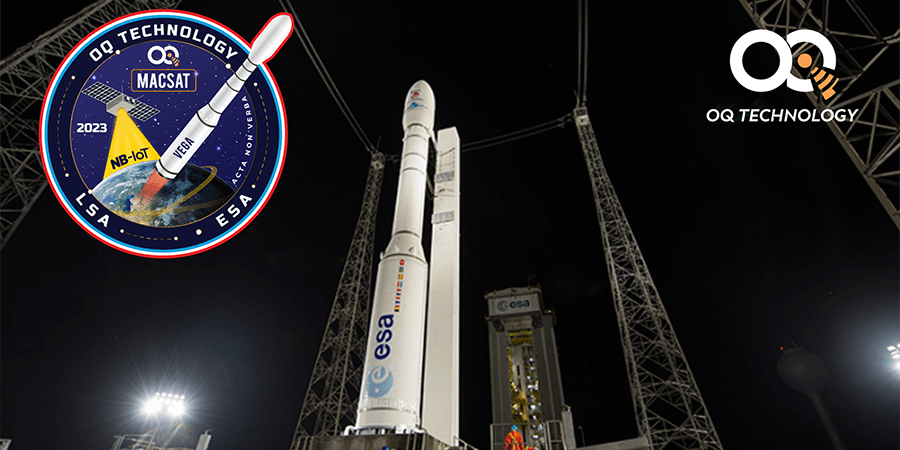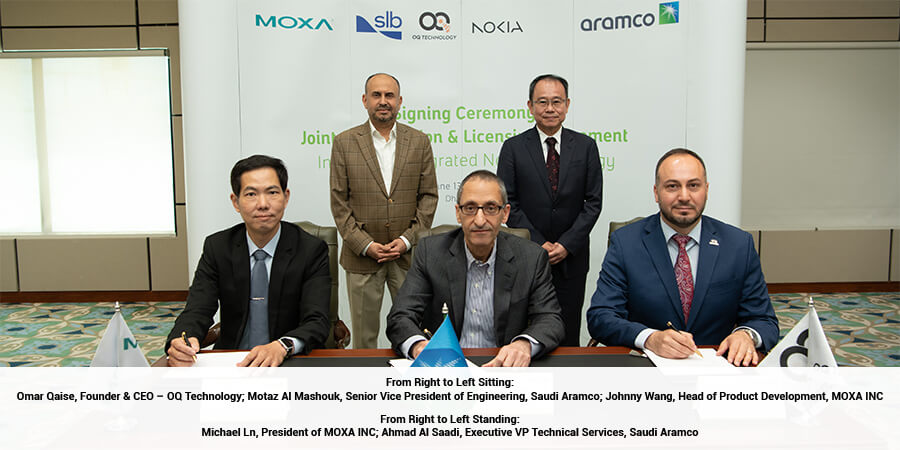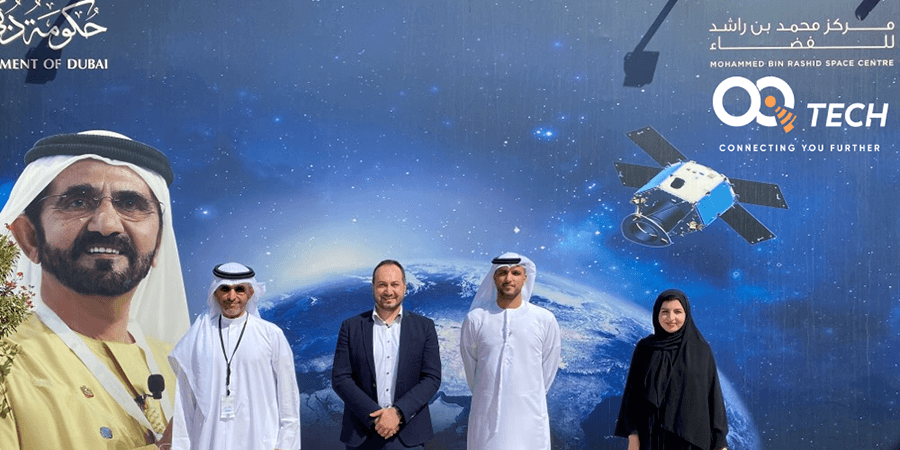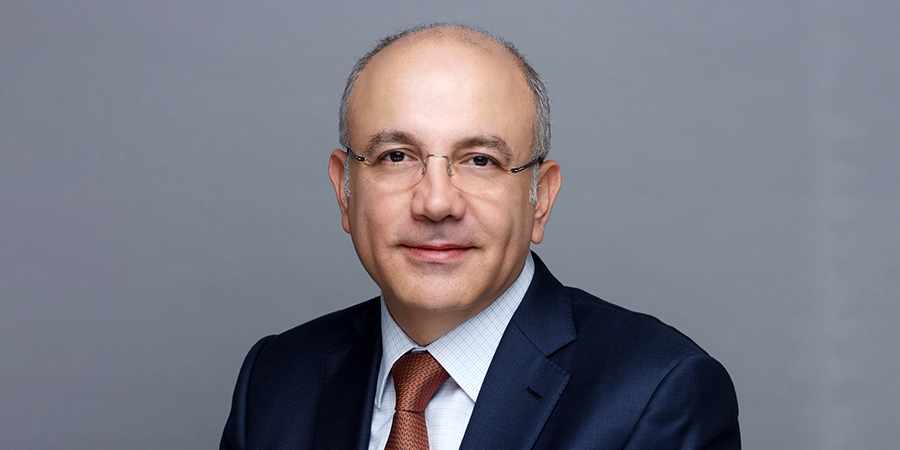Nizar Bouguila, chairman and chief executive officer at Tunisie Télécom, attended Mobile World Congress this year to witness new trends in the industry, keep up with strategic news from the different leaders in the sector, and catch up on the evolution of new equipment services and the devices. Nizar spoke to Telecom Review at the event about his plans for Tunisie Telecom looking ahead, including 5G.
"Our strategy is simple. We want to provide very high speed for our customers on wireless and wireline," said Nizar. "For wireless, we launched 4G Plus in Tunisia last year, and right now we are accelerating the deployment to help our customers gain access to 4G signals in all regions of the country. On the other hand, we are actively deploying ADSL Plus, modernizing our fixed network to enable the regular ADSL connection to deliver 100Mbps, and also soon 300Mbps with ADSL Plus."
Tunisia doesn't have smart city projects set in place, but the country does have studies in that area, according to Nizar. Tunisia is seeing the starting points of these projects, with camera technology popping up around city areas. Tunisie Telecom is working with utilities to deploy their networks, which is evidence of the first building blocks of Tunisia embracing the smart city trend.
Interestingly, Tunisie Telecom recently partnered with its regional competitor, Ooredoo, in Tunisia to do RAN sharing - active network sharing - and the project is one of the "most leading experiences in that area in the region" said Nizar. "We have deployed two regions in Tunisia with one network by Tunisie Telecom and Ooredoo having joined forces together, which allowed us to increase the coverage by approximately 40 percent and the capacity by roughly 70 percent."
This partnership ultimately enabled the enhanced quality of services to Tunisie Telecom's customers. The telco has many partnerships - the majority of which are in the category of content. Tunisie Telecom partnered with icflix to deliver its video on demand services on Tunisie's networks. The company also partnered with DXTR to provide online music for its customers, and is in talks with other content providers to continue to improve Tunisie customer services.
"Some of the major challenges we face include remaining competitive in this very demanding industry where customers are demanding better quality and lower prices," said Nizar. "We are striving to work with our suppliers and our partners to improve our costs in order to provide the right prices for our customers and at the same time optimize our networks and services to provide higher speeds, better quality, and overall better customer experience."
Tunisie Telecom has made significant progress providing 4G services for its customers in Tunisia, and now 5G is on the horizon. Nizar agrees with the general consensus that 5G will be deployed commercially by 2020, and in Tunisia, the company is starting to "prepare the groundwork" before it arrives.
"This year our ministry issued the tender for licenses for the Internet of Things (IoT) in which we are participating, which will of course enable us to prepare the services and prepare solutions for the introduction of 5G which will industrialize the Internet of Things," Nizar told Telecom Review.
"The main challenge will be the deployment because we will need completely different types of sites, and also backhaul, etc," Nizar said, discussing the challenges of 5G deployment. "The design of all of this will not be an easy task, and the main objective is to provide services and solutions that change and enhance people's lives and optimize our everyday actions, whether socially or through education, health, etc."
The Tunisian economy is going well, according to Nizar, if you look at the nation now compared to the aftermath of the Tunisian Revolution which ended in January 2011. The country is "building up new systems based on democracy, freedom and respect for all citizens," said Nizar.
"The country went through many difficulties after the revolution, but now the economy is doing well and Tunisie Telecom is one of the main actors of the economy contributing to its health and success, and we will be looking forward to boosting the economy through innovation, because innovation is one of the main drivers of economic growth. We want to enable the right tools for everyone to work and live the best life."






